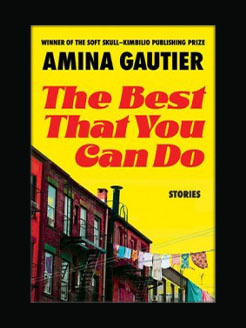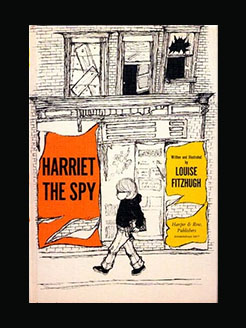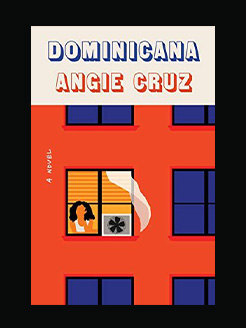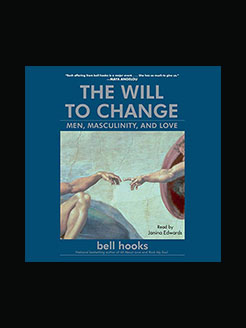Published in 1998
413 pages
Danzy Senna is an American novelist, born and raised in Boston, Massachusetts in 1970. Her parents, Carl Senna, an Afro-Mexican poet and author, and Fanny Howe, who is Irish-American writer, were also civil rights activists. She attended Stanford University and received an MFA from the University of California at Irvine. There, she received several creative writing awards.
Her debut novel, Caucasia (later republished as From Caucasia With Love), was well received and won several awards including the Book-Of-The-Month Stephen Crane Award for First Fiction, and the Alex Award from the American Library Association. Her second novel, Symptomatic, was also well received. Both books feature a biracial protagonist and offer a unique view on life from their perspective. Senna has also contributed to anthologies such as Gumbo. In 2002, Senna received the Whiting Writers Award and in 2004 was named a Fellow for the New York Public Library’s Cullman Center for Scholars and Writers.
What is this book about?
In Caucasia—Danzy Senna’s extraordinary debut novel and national bestseller—Birdie and Cole are the daughters of a black father and a white mother, intellectuals and activists in the Civil Rights Movement in 1970s Boston. The sisters are so close that they have created a private language, yet to the outside world they can’t be sisters: Birdie appears to be white, while Cole is dark enough to fit in with the other kids at the Afrocentric school they attend. For Birdie, Cole is the mirror in which she can see her own blackness. Then their parents’ marriage falls apart. Their father’s new black girlfriend won’t even look at Birdie, while their mother gives her life over to the Movement: at night the sisters watch mysterious men arrive with bundles shaped like rifles.
One night Birdie watches her father and his girlfriend drive away with Cole—they have gone to Brazil, she will later learn, where her father hopes for a racial equality he will never find in the States. The next morning—in the belief that the Feds are after them—Birdie and her mother leave everything behind: their house and possessions, their friends, and—most disturbing of all—their identity. Passing as the daughter and wife of a deceased Jewish professor, Birdie and her mother finally make their home in New Hampshire.
Desperate to find Cole, yet afraid of betraying her mother and herself to some unknown danger, Birdie must learn to navigate the white world—so that when she sets off in search of her sister, she is ready for what she will find. At once a powerful coming-of-age story and a groundbreaking work on identity and race in America, “Caucasia deserves to be read all over”







